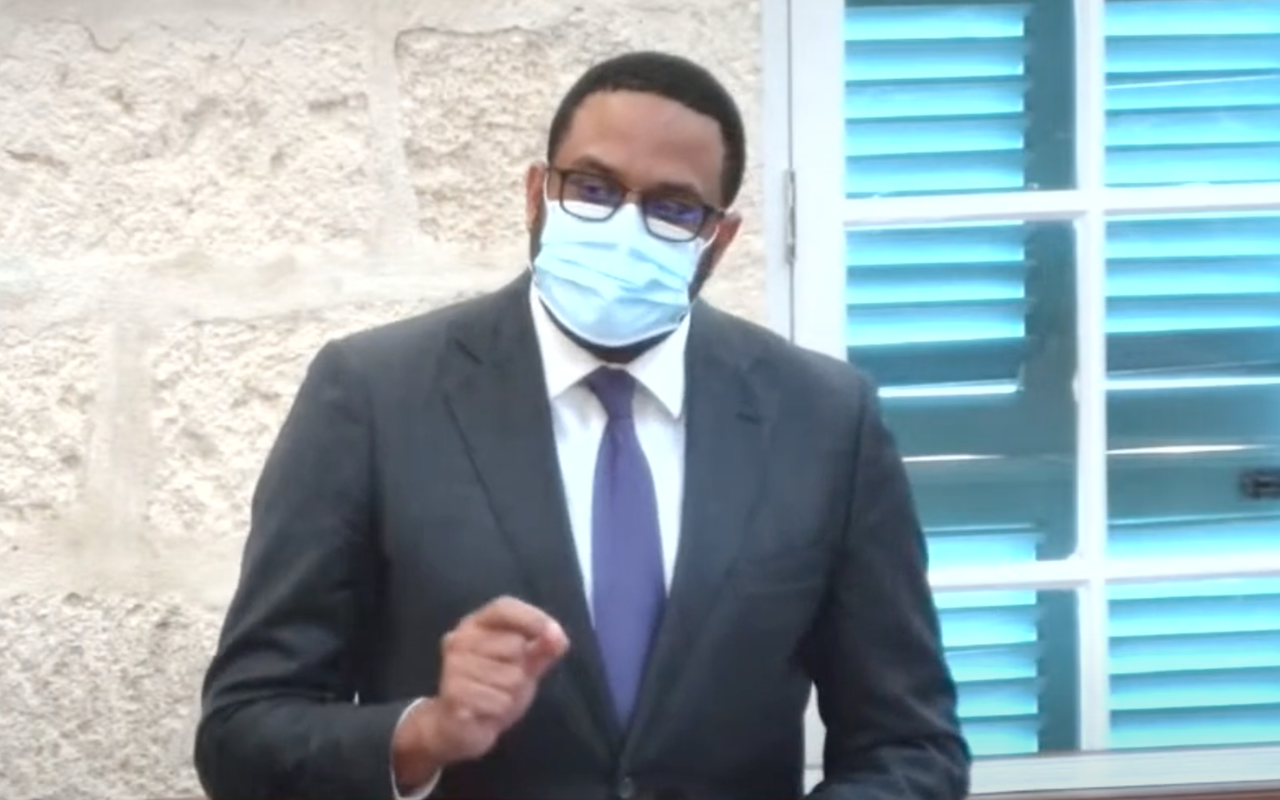Independent Senator Kevin Boyce is taking a wait-and-see approach to evaluating the true impact of some of Government’s recently presented budgetary proposals.
While commending the Mia Mottley administration for measures such as a reduction in water rates for farmers and the increase in the threshold for the exemption of land tax, he described some others, including the Pandemic Contribution Levy, as “worrisome”.
During his contribution to the Appropriation Bill, 2022 in the Senate on Monday, Boyce said the impact of the latter measure was yet to be seen.
“Time will tell and hopefully our esteemed agents at the BRA [Barbados Revenue Authority] are able to keep vigilant tabs on what is being done.
“Government has set out the reasoning for this policy, the private sector needs to be able to work with the Government and have that dialogue with regard to moving forward.”
Companies in the telecommunications and commercial banking sectors, the retail sale of petroleum products and general and life insurance, with a net income above $5 million in 2020 and 2021, will have to pay a Pandemic Contribution Levy of 15 per cent, from July 15, for an 18-month period.
“I believe it is about a commitment to Barbados, and if there is a scenario where the levy is viewed as unfair how do we make these corporations and conglomerates comfortable with the fact that after this is done, things will hopefully be better and we will recognise the effort that you have made in this regard?” Senator Boyce asked.
He raised concern about the fact that individuals earning above $6,250 monthly or $75,000 annually will pay the tax at a rate of one per cent of their income, beginning April 1, for one year.
He said while the tax rate might appear minuscule for some, he suggested that Government engage in active dialogue with impacted workers so they could understand that the levy is somewhat of a social responsibility fee.
In his contribution to the debate, Senator Boyce also touched on the changes to the National Insurance Scheme (NIS).
Effective January 1, 2023, the insurance earnings ceiling will increase to $1,182 per week and $5,120 per month. These ceilings will increase on January 1 of each year until 2035. Maximum pension for new employees to the public service will be attained after 40 years of service instead of 33 1/3 years.
“This will further reduce disposable income, that’s a fact. It may not be significant but every one drop does fill a bucket; it adds up,” Senator Boyce said.
On the other hand, he applauded Government for keeping its election promise of land tax relief. He suggested that land ownership was one of the few avenues for individuals with no capital to start the exercise of advancement.
“I’ve indicated previously that land tax currently is almost punitive and almost sends a message that ‘how dare you try to change your means?’ This, I think, is a tremendous step in the right direction . . . ,” Boyce said. (KC)




